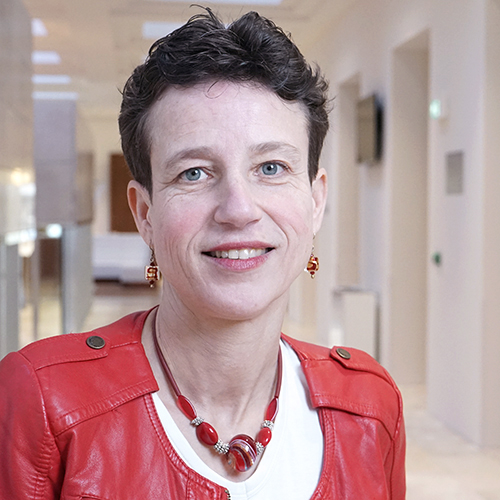Space for water; cost-benefit analysis of six projects and some alternatives
Ruimte voor water kan verantwoord zijn
We are sorry, unfortunately there is no English translation of this page.
Contacts

Moreover the sea level will rise while the land is subsiding. If no measures are taken, many parts of the country will face an increase in flood damages.
To counteract these developments six projects and a number of project alternatives have been formulated. A distinguishing characteristic of the projects is that the solution to the water problems is not only sought in technical measures but also in spatial measures. This in contrast to the project alternatives where the emphasis falls on traditional technical solutions such as raising dikes and increasing the capacities of pumps.
This working paper presents a cost-benefit analysis of the six projects and, if available, their alternatives. In the analyses both monetary and non-monetary costs and benefits are taken into account, although it has not been tried to monetarize the non-monetary effects.
As a main conclusion it appears that the projects including the spatial measures are, in principle, attractive. The significance of this overall conclusion is, however, considerably limited by a number of crucial assumptions.
- First, only a limited number of project alternatives have been analysed.
- Second, flooding riskfactors have been fixed exogenous.
- And third, the opportunity costs of extra space for catching water have been equated with the (lost) revenues of extensive farming.
Therefore, the working paper stresses the need for additional information and following analyses to come to more definitive judgements on (potential) projects so that projects or project-combinations can be identified that contribute most to the general welfare.
Authors
